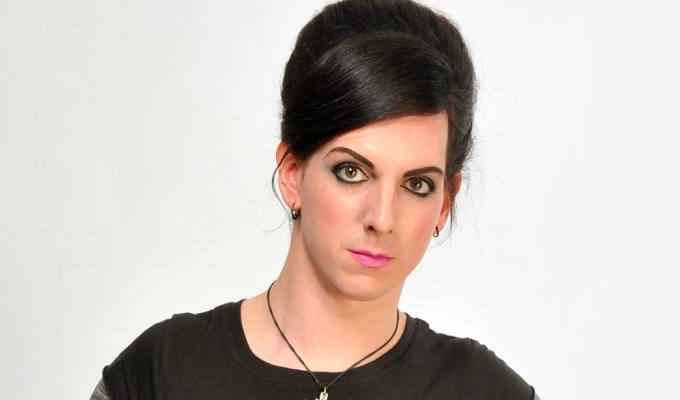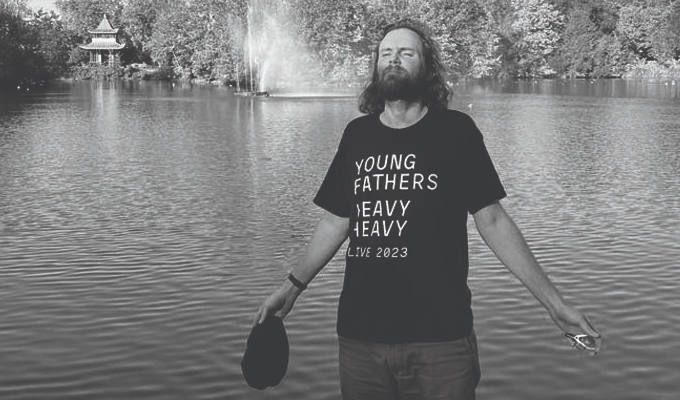Jerry cleared
TV watchdogs reject 16,000 complaints
Broadcasting watchdog Ofcom has published its ruling on the controversial TV screening of Jerry Springer: The Opera – and found in favour of the BBC.
The regulators received 16,801 complaints about the airing of the show – almost half of them before it even aired.
Of the 8,860 received afterwards – the only ones Ofcom has the remit to consider – 4,264 were e-mails from a campaign by the Christian Premier Media Group.
Ofcom said: “The level was unprecedented and appears to have been the first large-scale internet campaign to Ofcom on any broadcasting issue.”
The complaints said the show, written by comic Stewart Lee and composer Richard Thomas, was offensive to Christians, contained excessive bad language, and that was a misuse of licence-payers money.
However, another 210 letters of support – some from Christians – were also received.
Ofcom considered possible breaches of 12 clauses in the code of conduct broadcasters are bound by – covering everything from scheduling to respect - and cleared the BBC on every one of them.
In their findings, published today, the watchdogs said: “Ofcom recognises that a great number of complainants felt that the Opera denigrated the Christian religion However, in Ofcom’s view, serious thought had been given to the material, its production and its transmission.
“Ofcom appreciated that the representation of religious figures was offensive to some people. In considering offence against religious sensibilities, Ofcom took into account the clear context of the Opera.
“The fictional Jerry Springer lay dying in a delusional state. As he hallucinated, this character was asked to pitch Jesus against the Devil in his own confessional talk show. This ‘dream’ sequence was emphasised by the fact that the same actors, who played guests on his show in the first act played the characters in the second act. What resulted was a cartoon, full of grotesque images, which challenged the audience’s views about morality and the human condition.
“The production made clear that all the characters in the second act were the product of the fictional Springer’s imagination: his concepts of Satan, God, Jesus modelled on the guests in his show.
“ In addition to this was the blatant use of The Jerry Springer Show format. The characters throughout behaved as people do on the show, using strong language and violence in a highly emotional manner.
“The Opera pointed out the absurdities of excessive swearing in many of the songs and exchanges – rendering them on occasions meaningless and ridiculous. The most extreme language was directed at the character of Satan. This was a programme that satirised modern day ‘confessional shows’ where such language is commonplace.
“On balance, taking the full range of views into account, Ofcom concluded that the broadcast of Jerry Springer: The Opera was not in contravention of the [broadcasting] code.’Published: 9 May 2005






